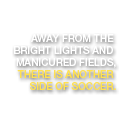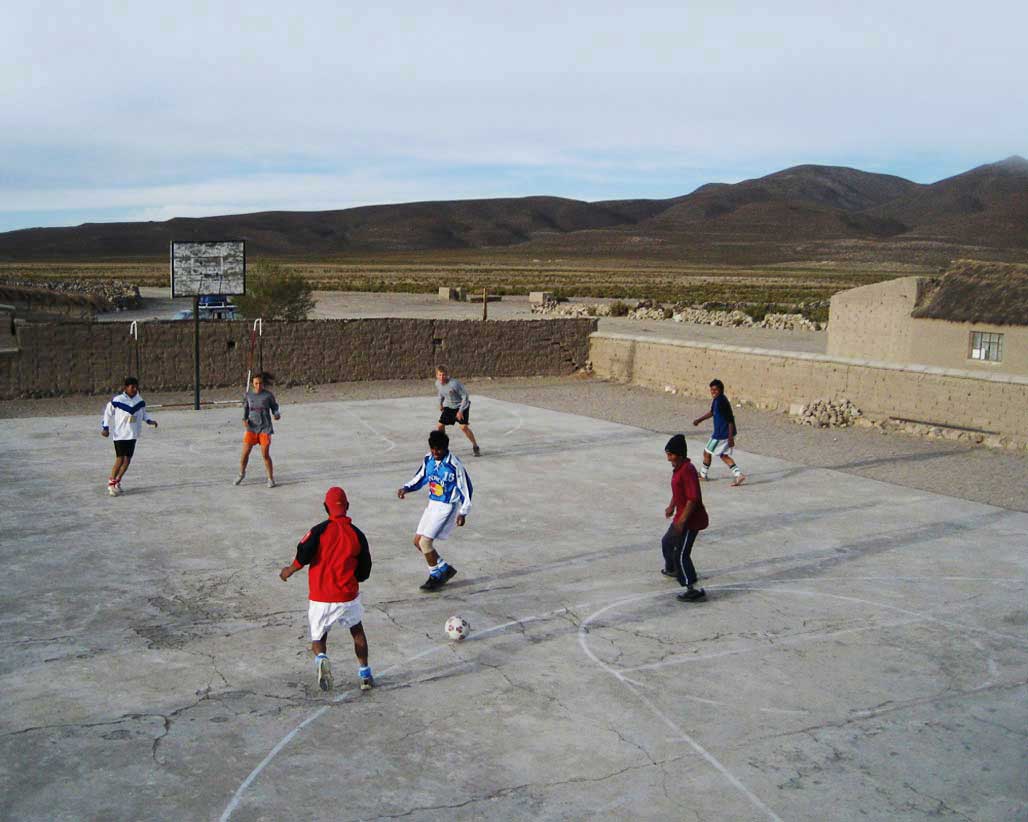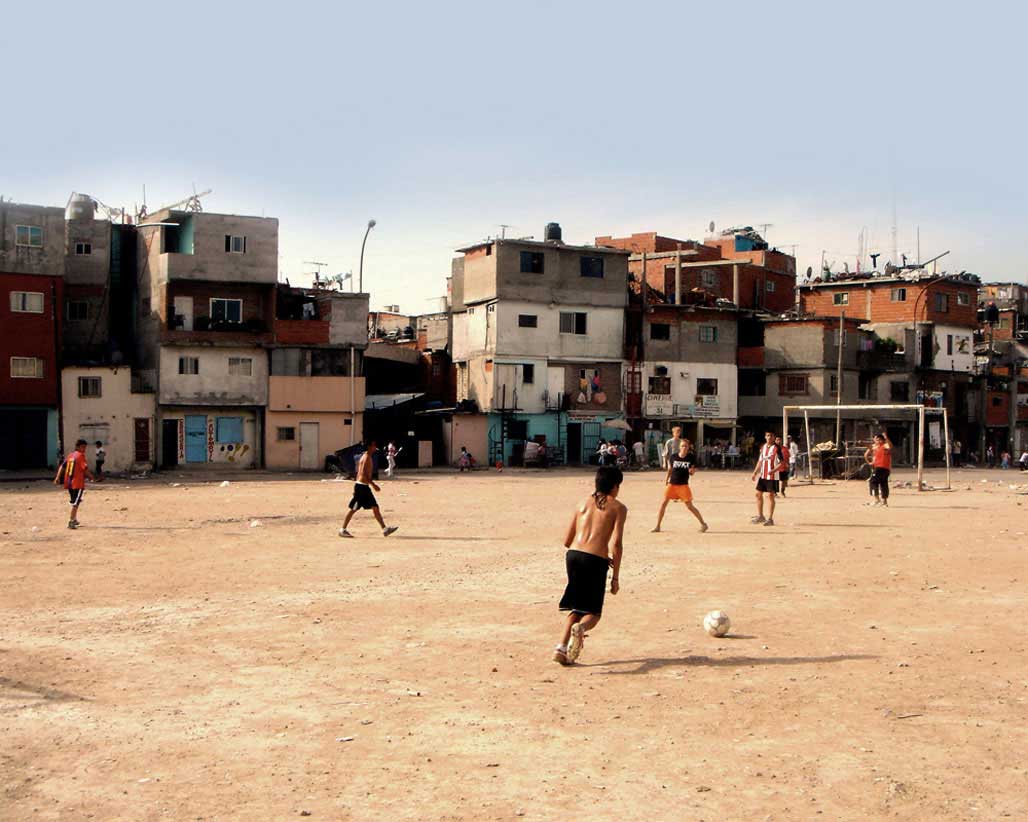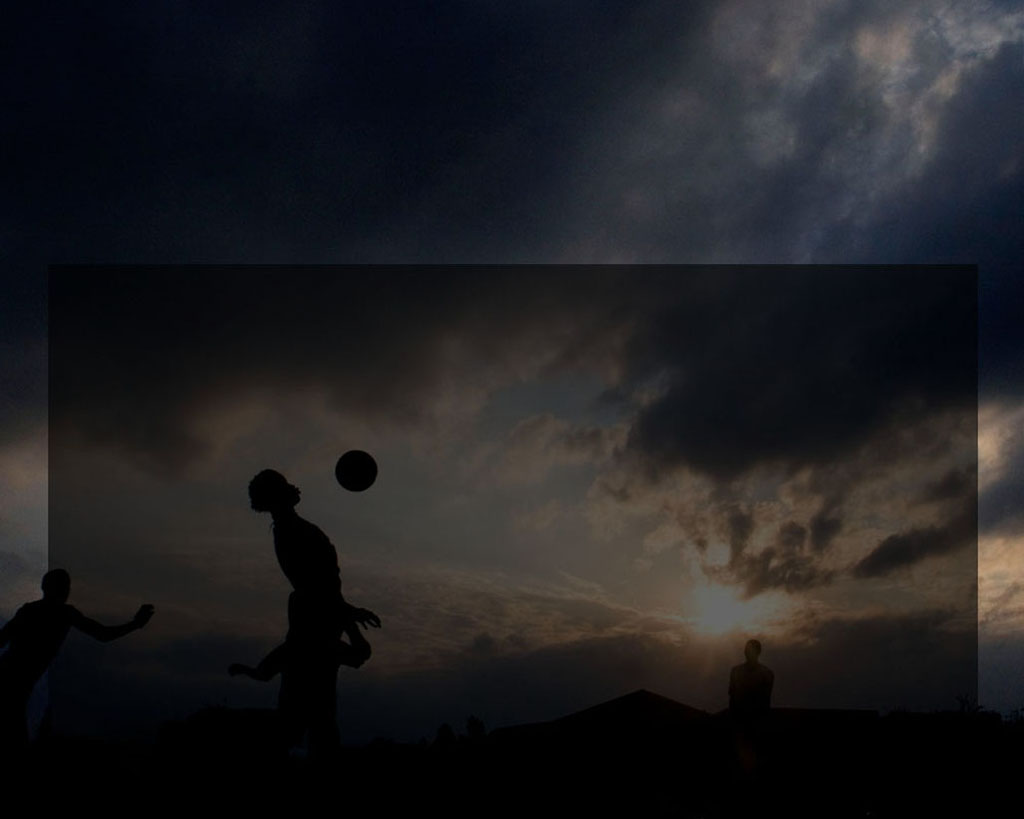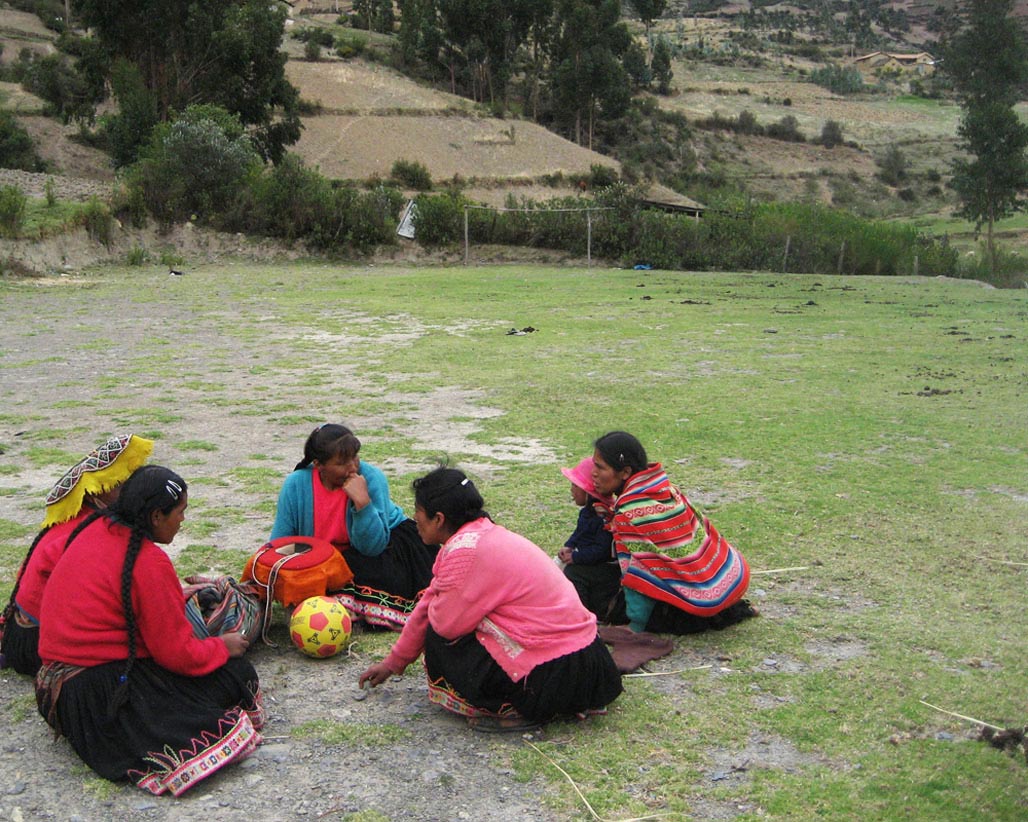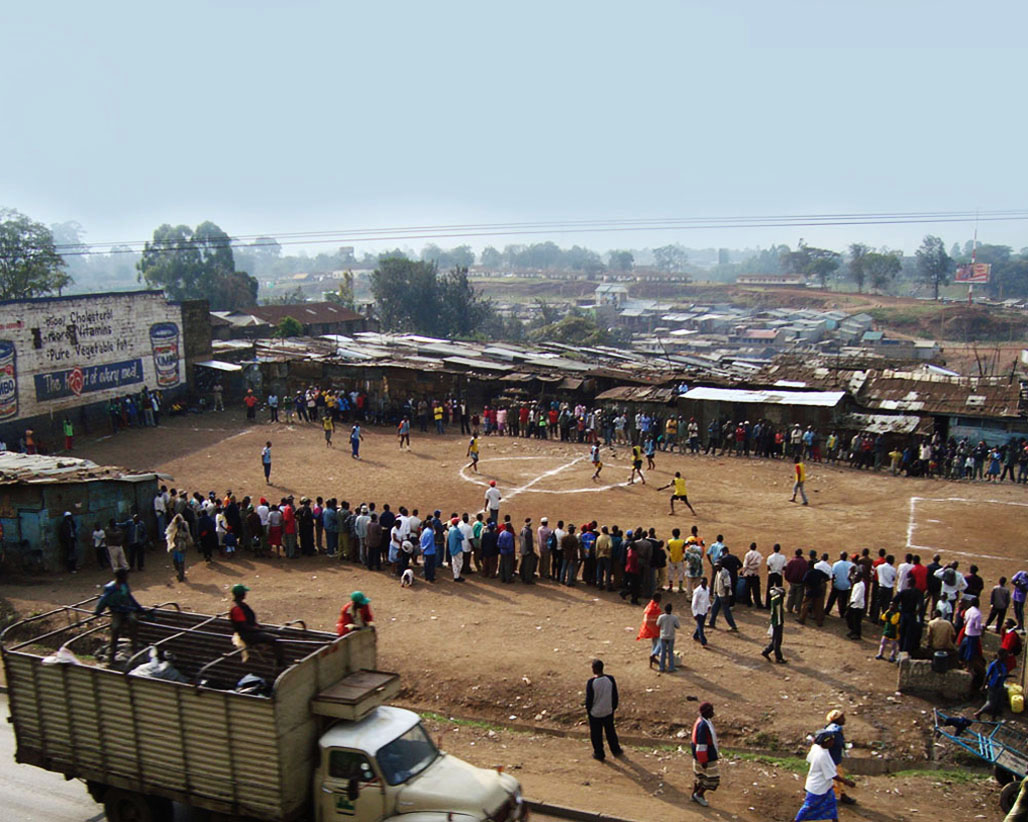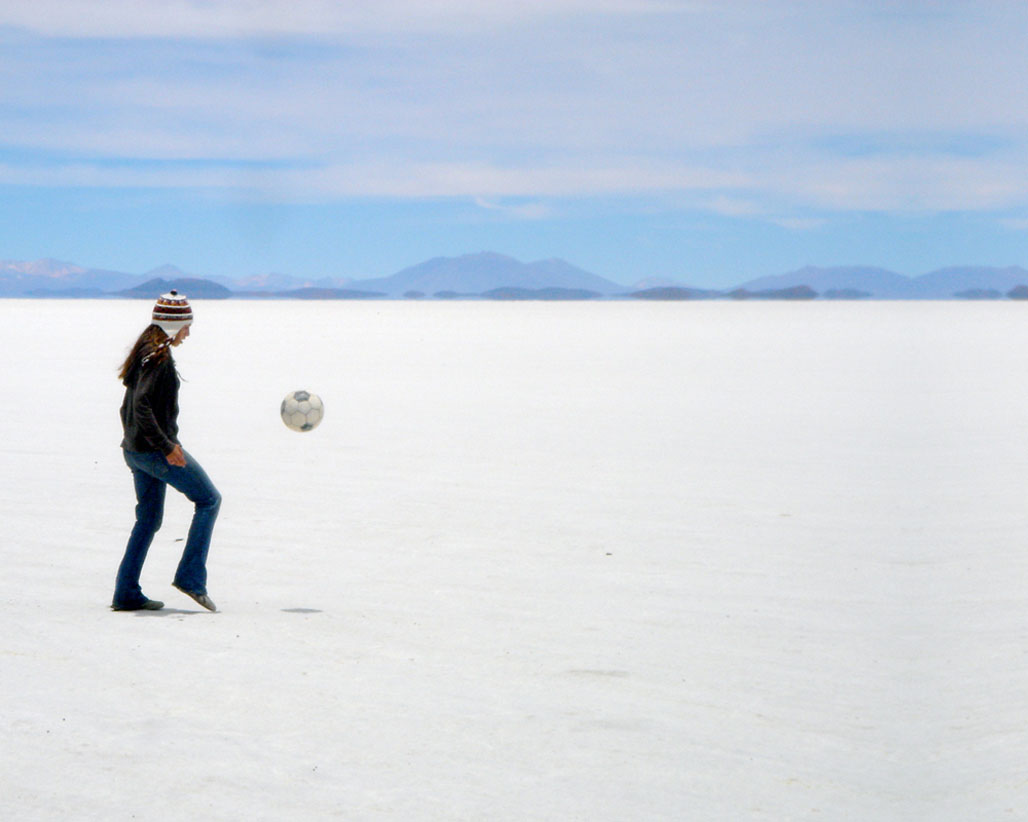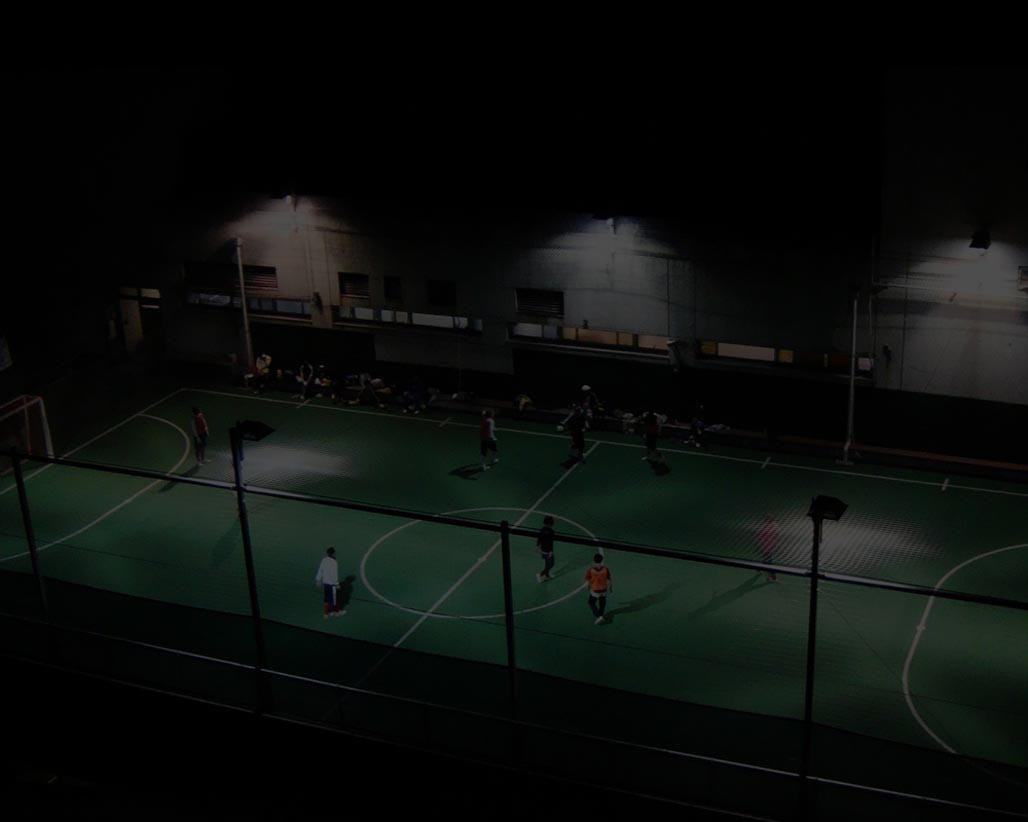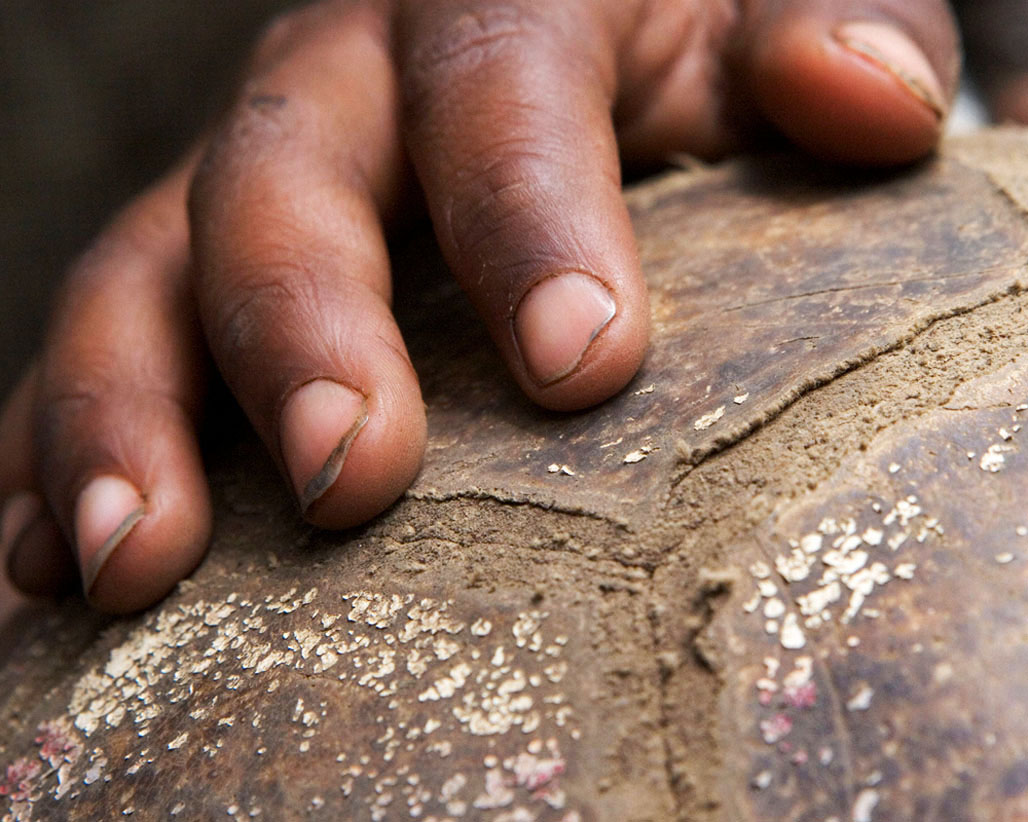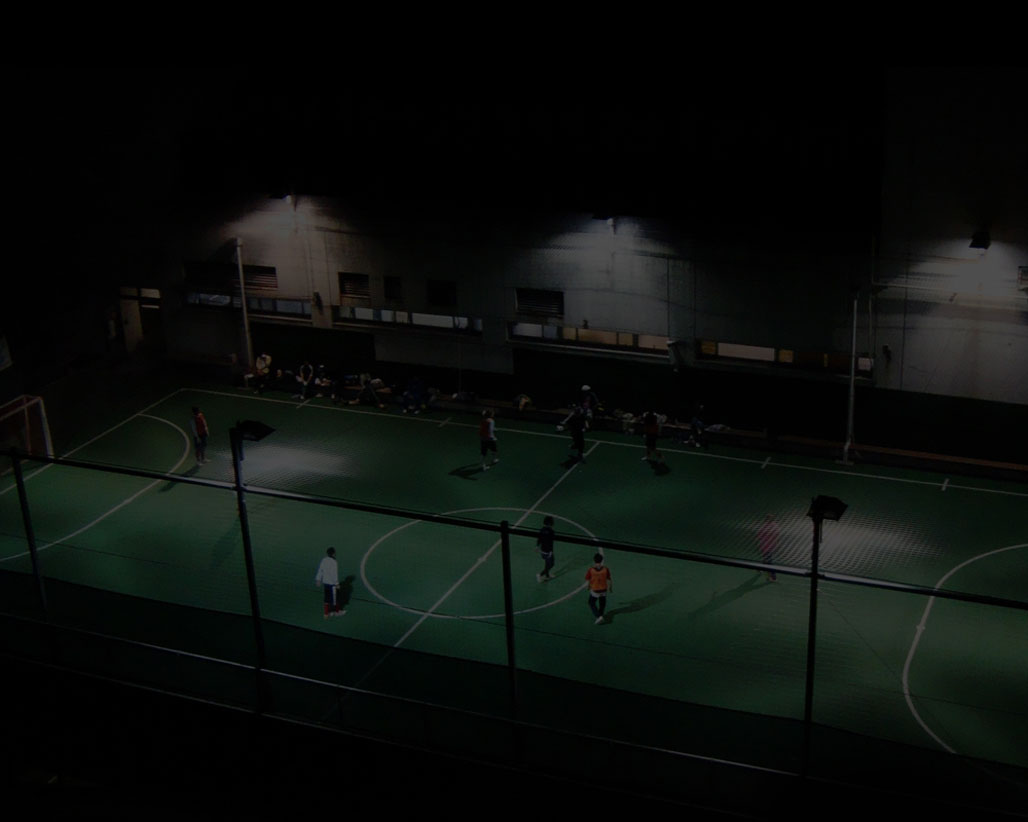In 1984, Jorge placed fourth in shooting at the Los Angeles Olympics. He’s a Colombian living in Bolivia who owns a cattle ranch and a dove-hunting lodge. In and around both places, everyone- but him-plays futbol.
The cattle ranch is twenty minutes outside of a village of straw-roofed homes in the basin of the Amazon. Every afternoon the men play and the village of San Fermin gathers around the tree to watch. At half-time, the women dip coffee mugs into a utility bucket full of corn water and pass them to us. Someone else pushes out a wheelbarrow full of neon soda pop for the kids who are wrestling on the surrounding grass.
(more…)
On the grassy area outside the bodega, between the Malbec grapes and the Cabernet Sauvignon, where Emilio’s sister got married and where the ducks come when they are tired of the pond, we play a partido as the sun sets behind the Andes.
Emilio and Antonio unwind the garden hose into one sideline, the vineyards serving as the other. Overturned buckets act as goals. When they pick teams, they tell us, “This is our tradition.” Raul and Miguel walk towards each other from about twenty paces apart like they are on a tightrope or in some kind of reverse duel. With every step, Raul says, “Pan” and Miguel says “Queso.” Pan, Queso, Pan, Queso…until Raul’s foot lands on Miguel’s and he gets first pick.
When Luke rockets a ball into the grapes, they joke, “Dont worry, it´s only a couple thousand pesos worth of Malbec.”
They are a group of guys brought together through wine: Emilio is a landscape artchitect and grape consultant, Raul is an economist and professor who analyzes wine tourism, Antonio is a bodega architect, and Lucas and Paulo develop vineyards. Some grew up on vineyards, learning the art from their grandfathers, others came to it on their own. Together, they want to one day make their own wine. For now, the play futbol, have post game asados, and tell us, “It is better to drink wine after the game than before.”
This is why we love Buenos Aires: The men hum tunes to themselves as they whisk by us on the sidewalk and the women wear leather high heels in distinctive colors. Bookstores and trees line the sidewalks. There´s the corner bakery where we buy a bag of french baguettes for two pesos and there´s the old cafe where Jorge Luis Borges came to write. When we wake up, we sit on our balcony and drink cafe con leche while watching boys hang out the windows of the school across from our apartment.
This is why we hate Buenos Aires: we get robbed on the Subte (Ryan´s wallet deftly removed from his pocket); the trees spit on us (yellow gunk plopping onto the side of our faces); the bookstores boast of novels in English but only carry Sweet Valley High; and worst of all, we can´t find any futbol.
(more…)
Uruguay—the country that seems small enough to fit in your hand. We decide to rent a car. Like Cuba, Uruguay is filled with old-timey classics—we imagine ourselves driving through the countryside in a 1960s Ford or a muted-color Fiat. We drive away from the rental lot with a bright yellow Euro box.
We take off for the interior of Uruguay, listening to the tribal music Anderson gave us. We have no idea where we are going. There´s Route 5, Route 7, and Route 31 and we can go anywhere. We head north, down dirt highways, past cows and more cows. When there is a town, we drive through it-along the tree-lined square, past the church and the school. Every few miles there is a field, a horse often framed by the goalposts, cows grazing near what would be a sideline if there were any sidelines. We play with fifteen year olds and a church group and keep moving. We want to play with the cowboys…the gauchos…the legends.
(more…)

